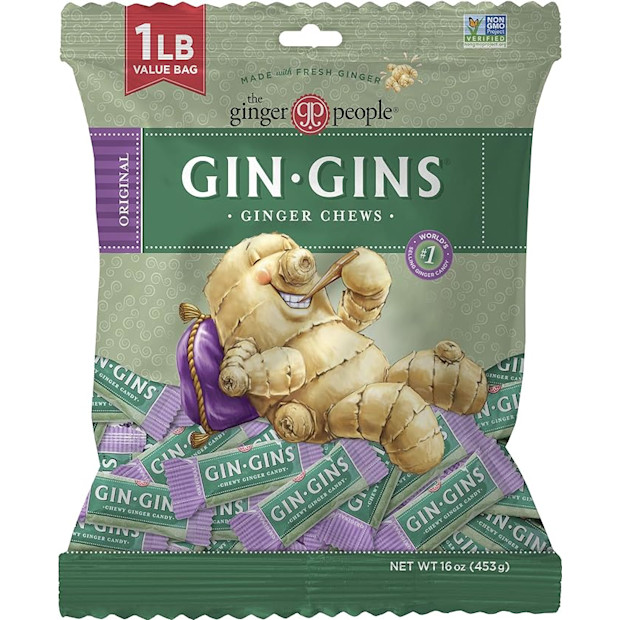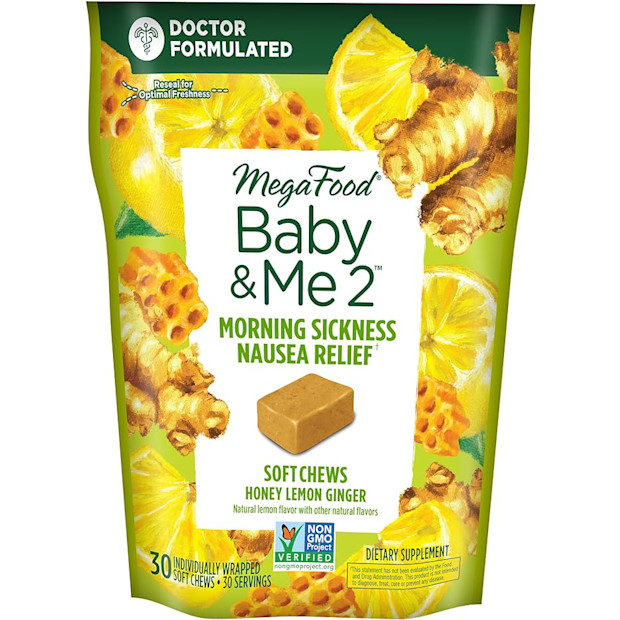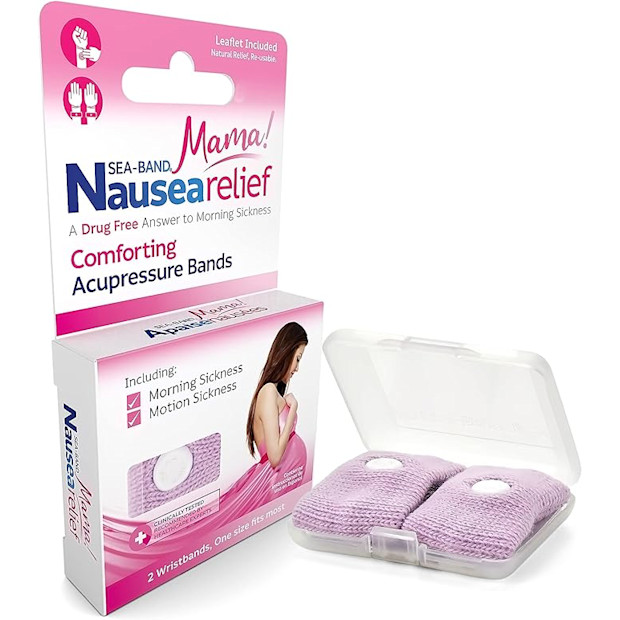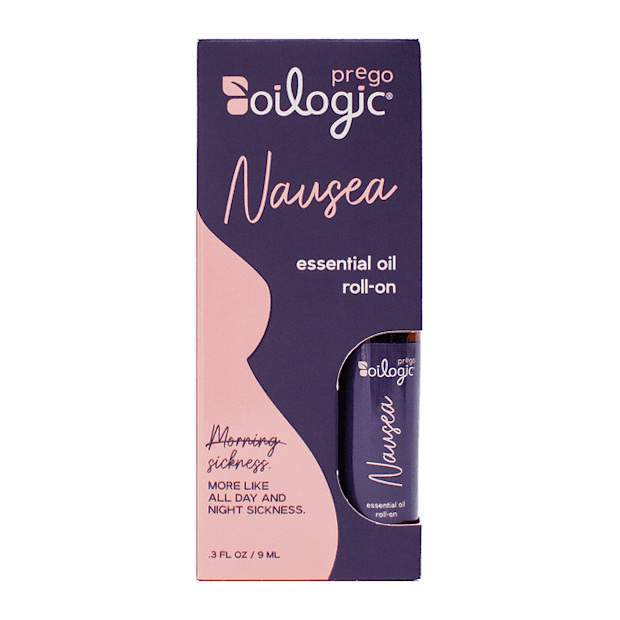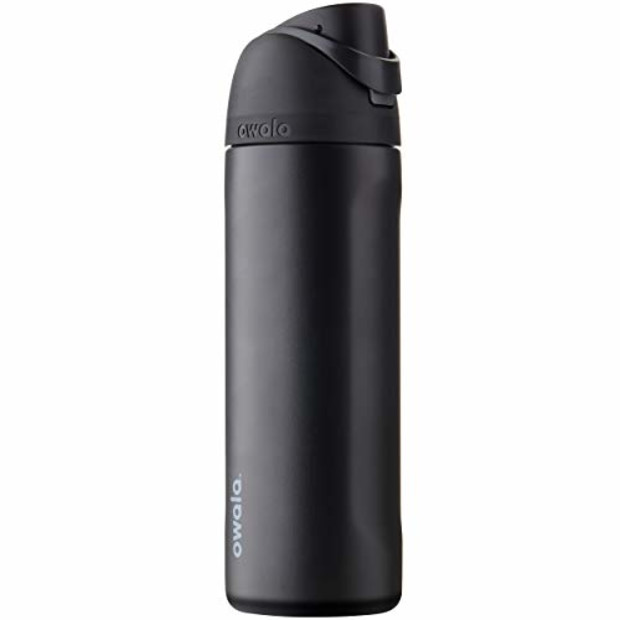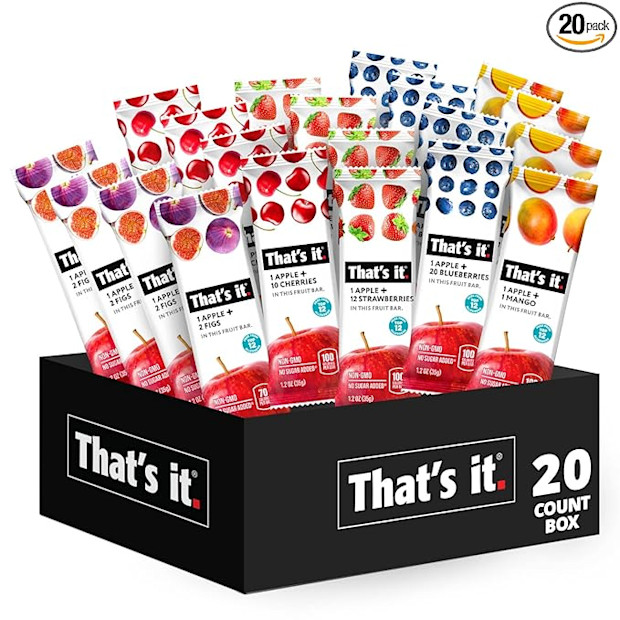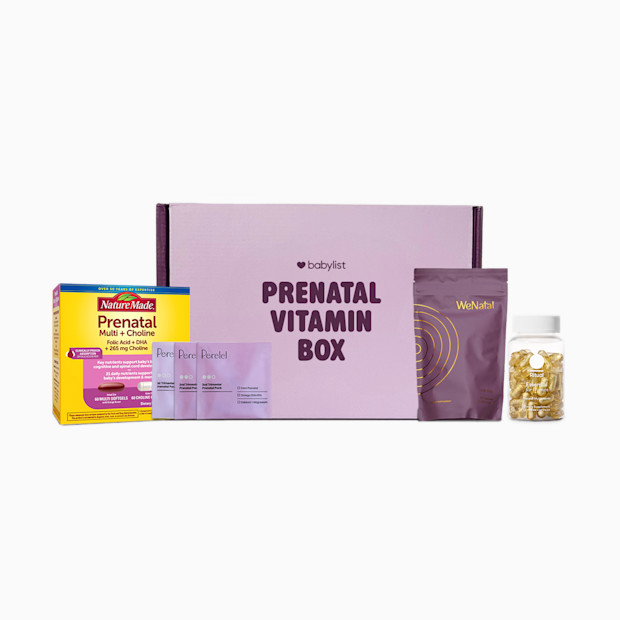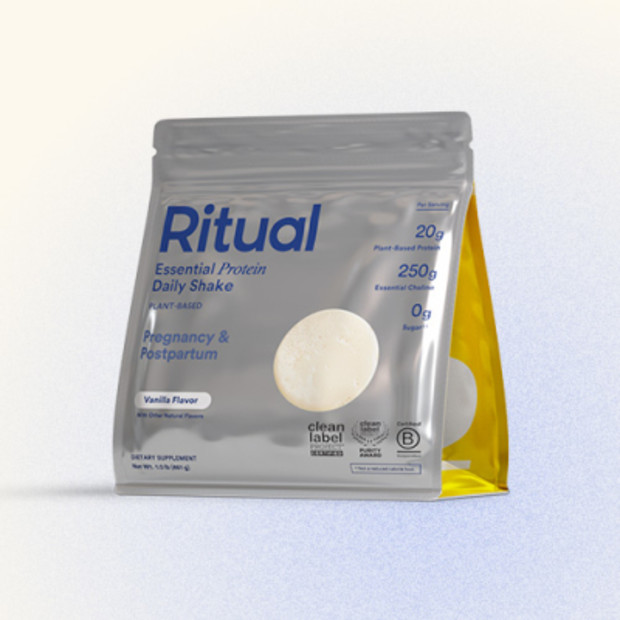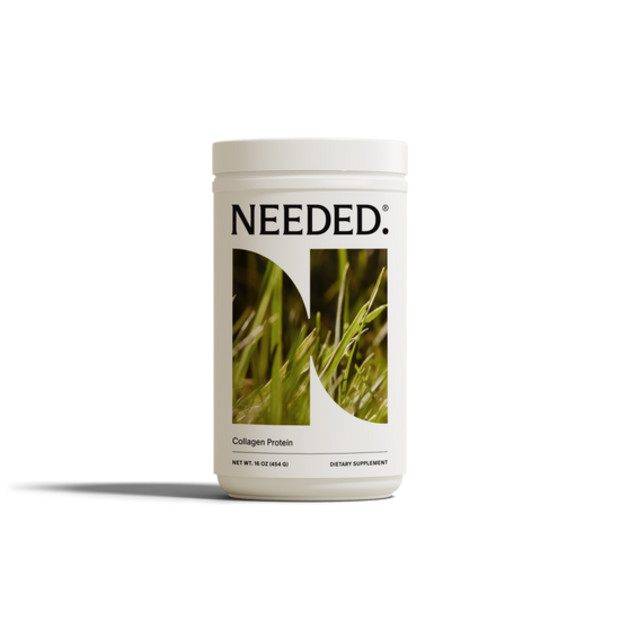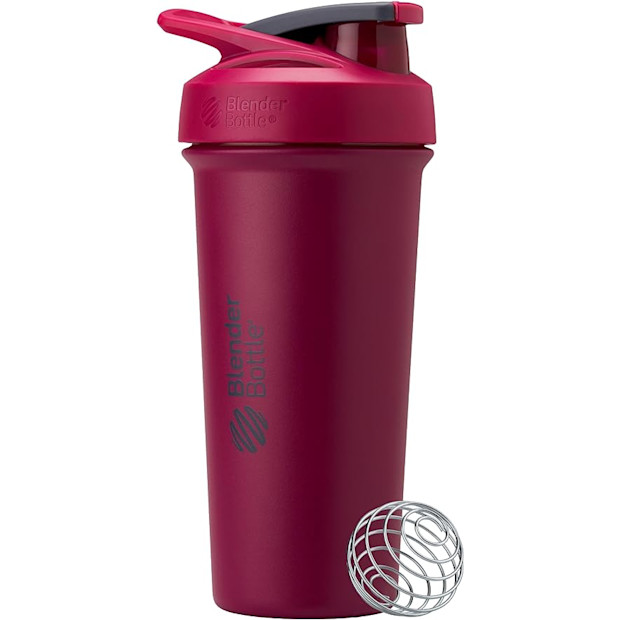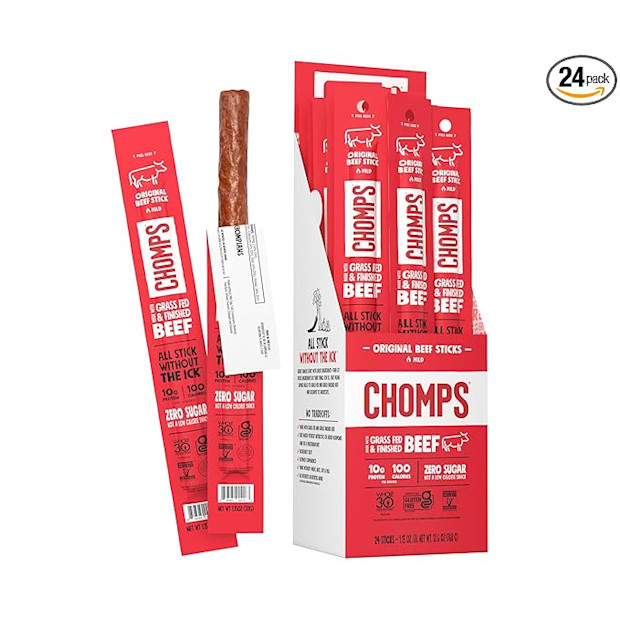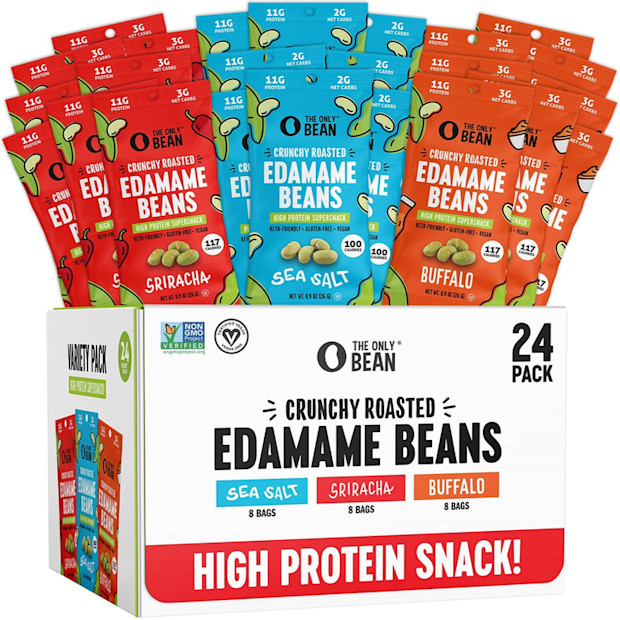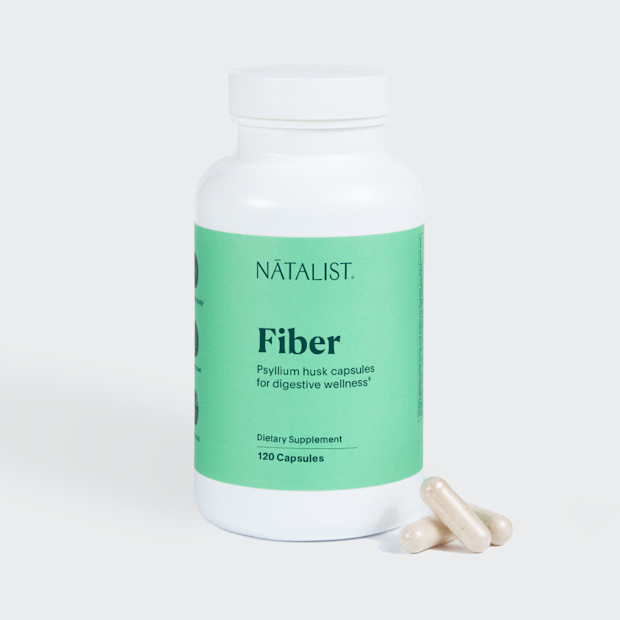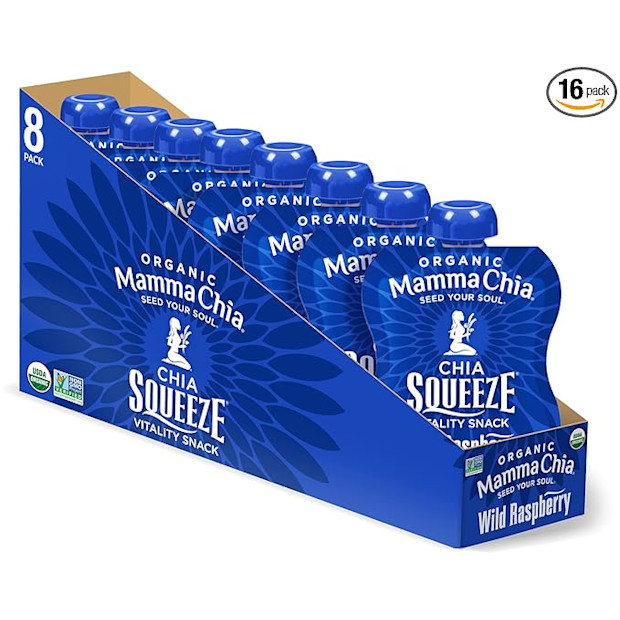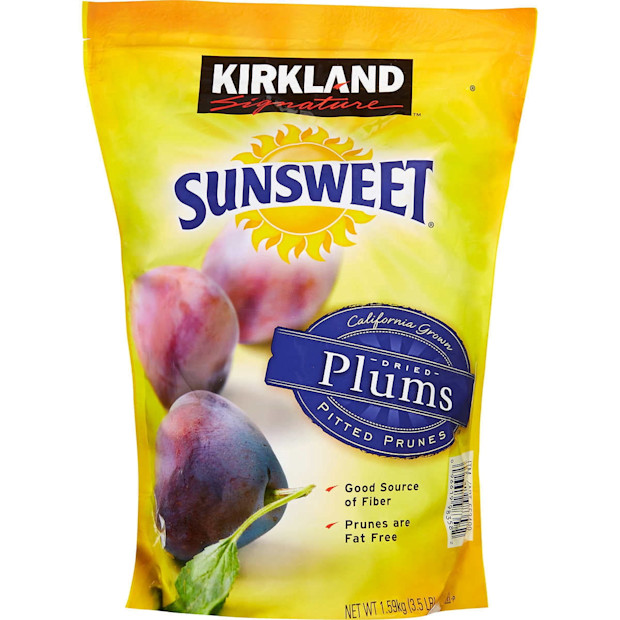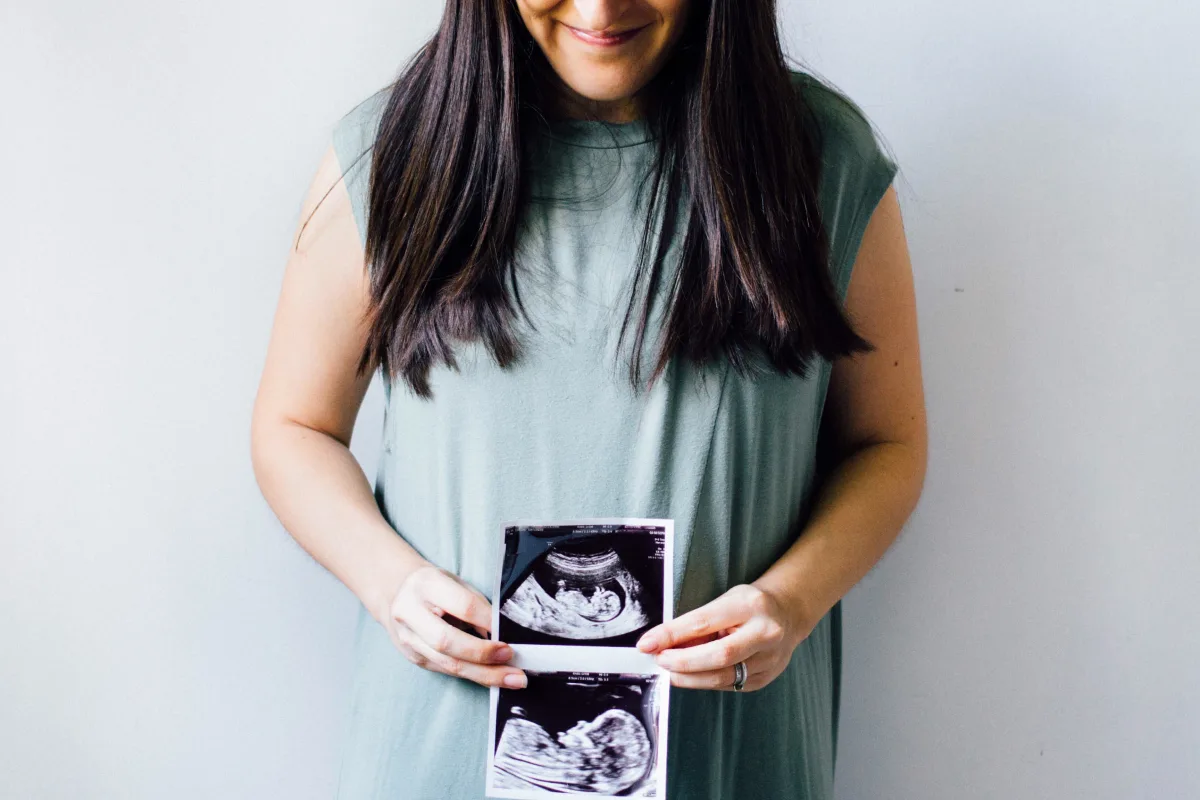
16 Products to Help You Thrive During Your First Trimester
Nausea, fatigue, constipation—oh my! These products will help you survive the first trimester of pregnancy.

Once the realization that you’re pregnant settles in, your first-trimester pregnancy symptoms will likely ramp up. While pregnancy can be different for everyone, Dr. Sarah Yamaguchi, ob-gyn, told us that “the most common early pregnancy symptoms are fatigue, breast tenderness, moodiness, constipation and nausea.” Whether your body takes on all these symptoms or just a few, it can be a rough ride for the first 13 weeks of pregnancy.
The good news is that there are products out there that can help soothe some of the most common early pregnancy symptoms. Whether food aversions are making you wince at the very thought of eating, or the all-encompassing fatigue is turning you into a cranky toddler, we’ve curated a list of products that’ll help you navigate those early icks.
When Morning (or All Day) Sickness is Turning You Green
Pregnancy hormones like hCG (human chorionic gonadotropin), progesterone and estrogen work together to create a healthy environment for your baby to grow—while also making your stomach feel like it’s doing double back handsprings. Whether your nausea results in vomiting or stays as a ruminating pit in your stomach, the feeling is a hallmark of the first trimester. Edible products that contain stomach-settling ingredients like peppermint and ginger can help calm the rumbles in your gut. And if consumables are out of the question (which we overstand), products focusing on pulse points can trick your body into focusing on something other than the ill feeling. Some have even found aroma therapy (particularly lemon and minty scents) helpful. Here are the products we love:
When Your Fatigue Is All You Can Think About
While progesterone is working to thicken the lining of your uterus to sustain a healthy pregnancy, your blood sugar and pressure are taking a hit, leading to extra fatigue. The usual products you’d think about reaching for during an energy slump are either not recommended or should be consumed in limited amounts (afternoon latte—we’re looking at you). According to Dr. Yamaguchi, the best thing you can do when you’re feeling run down in the first trimester is sleep or rest for a while. You can also prioritize making your periods of sleep more restful (never too early for a quality pregnancy pillow), and when you don’t have time for a nap, staying hydrated can be helpful, as can natural sugar boosts.
When Food Aversions (or Cravings) Are Ruining Meal Time
During my last pregnancy, instead of fun food cravings like pickles and ice cream, my appetite was consumed by food aversions. I’m a pescatarian and my body decided fish was not a tasty option, leading me to eat bowls of cereal for every meal or have a food delivery on stand-by. On the other end of the spectrum, food cravings can turn your diet into one that isn’t fulfilling, leaving you hungry for most of the day. Whether you have mostly cravings or aversions, both can kick off a vicious cycle of feeling so hungry that you’re nauseous and then so nauseous that you can’t eat. Lucy Chapin, certified nurse midwife, says that incorporating protein into your diet can ensure that every meal makes a dent in your hunger to keep nausea at bay. And even if you’re having aversions that make every consumable seem off-putting, guzzling a protein shake is quick and can help stave off hunger. Worried about not getting enough nutrition? Start taking a prenatal vitamin if you haven’t already (the box below gives you multiple options to try out).
When Constipation Becomes Your Biggest Nemesis
As your body prepares for the nine months of growing your baby, pregnancy hormones slow down digestion to allow your body to hold on to all of the nutrients you give it (even if that means the cereal you ate for breakfast, lunch, dinner, and prenatal vitamins) to aid in the process. Magical, right? The problem is the longer food lingers, the more likely you’ll have annoying constipation problems. Even if constipation isn’t something you’ve dealt with in the past, it can creep up on you during the first trimester. When it’s hard to go, you can up your fiber intake naturally with foods like beans and whole grains to encourage a bowel movement or take a fiber supplement or a stool softener, which might be easier if eating is hard (please check with your ob-gyn before adding a supplement to your regimen). Remember that fiber works best with proper and consistent hydration, so drink plenty of water.

